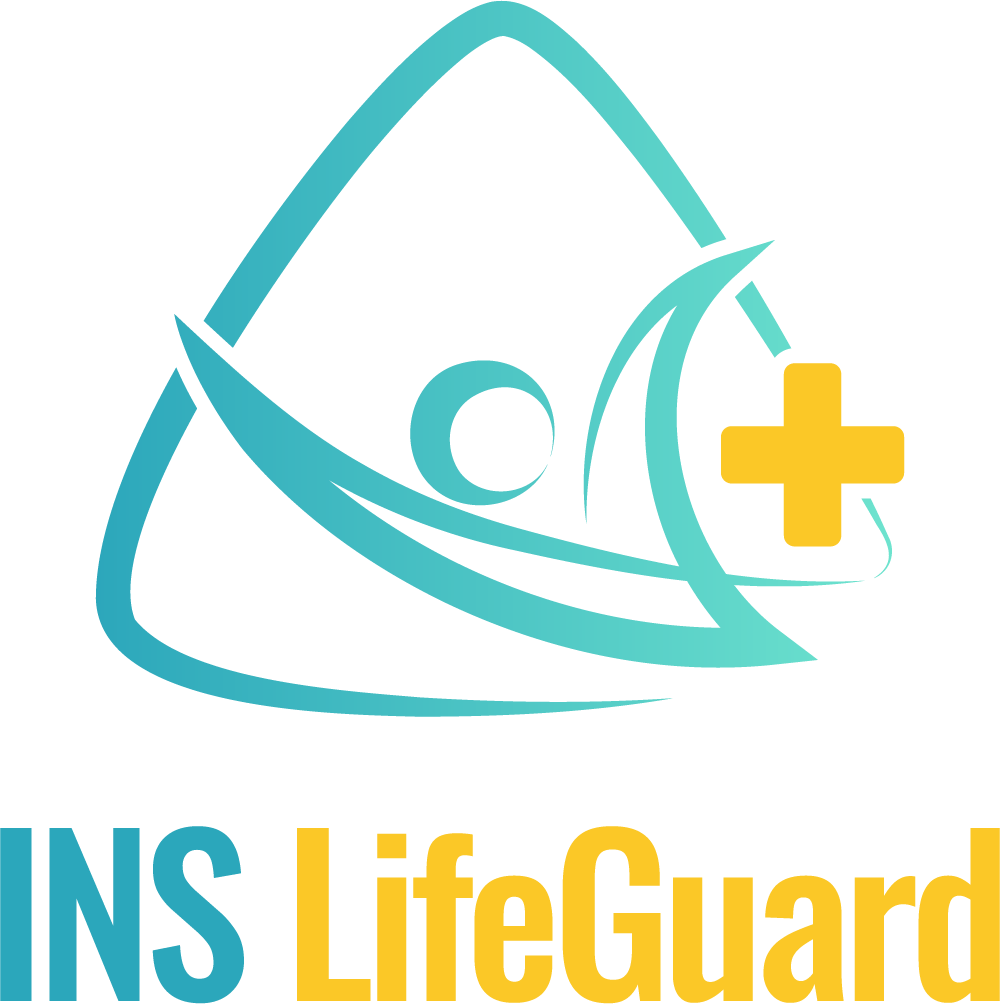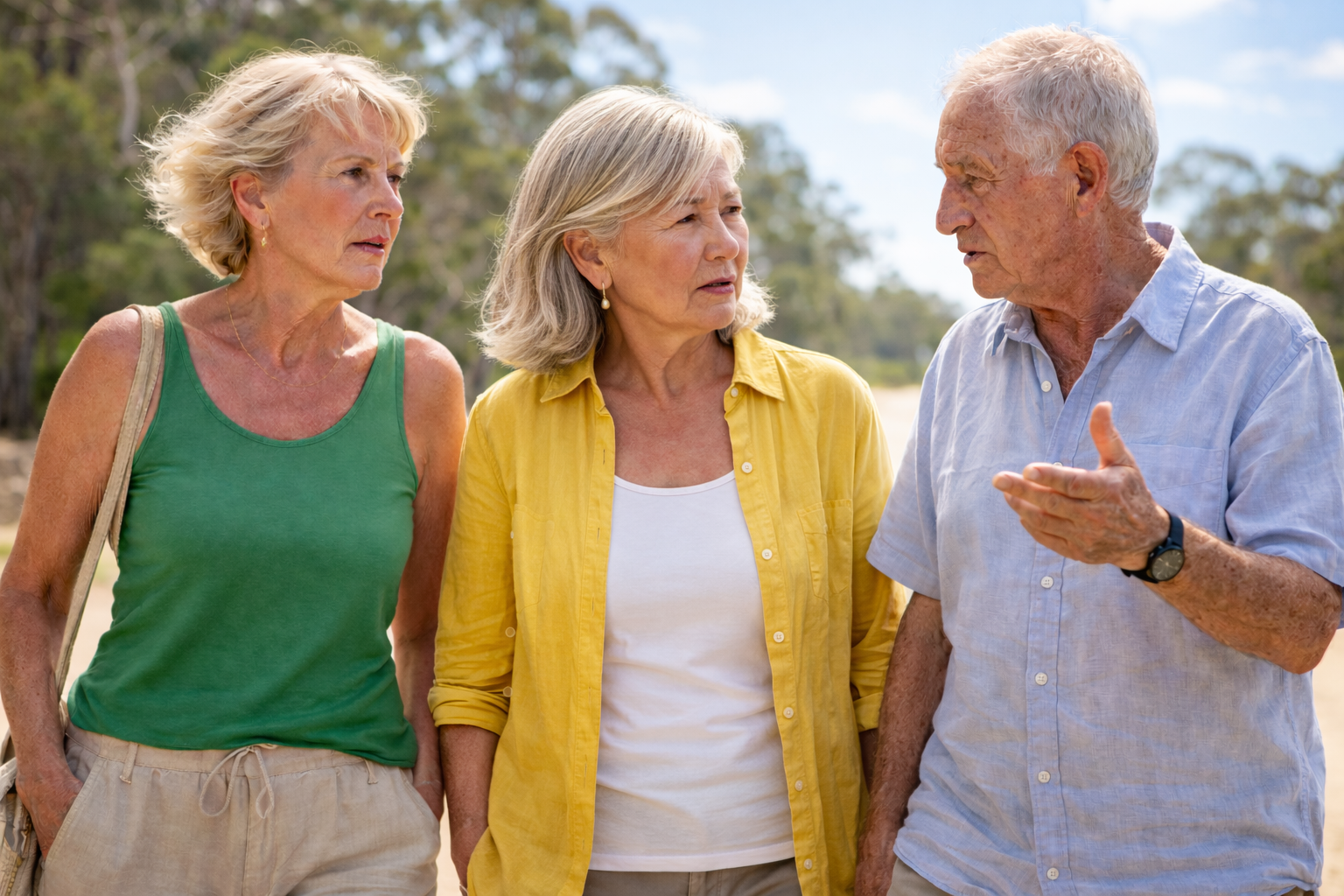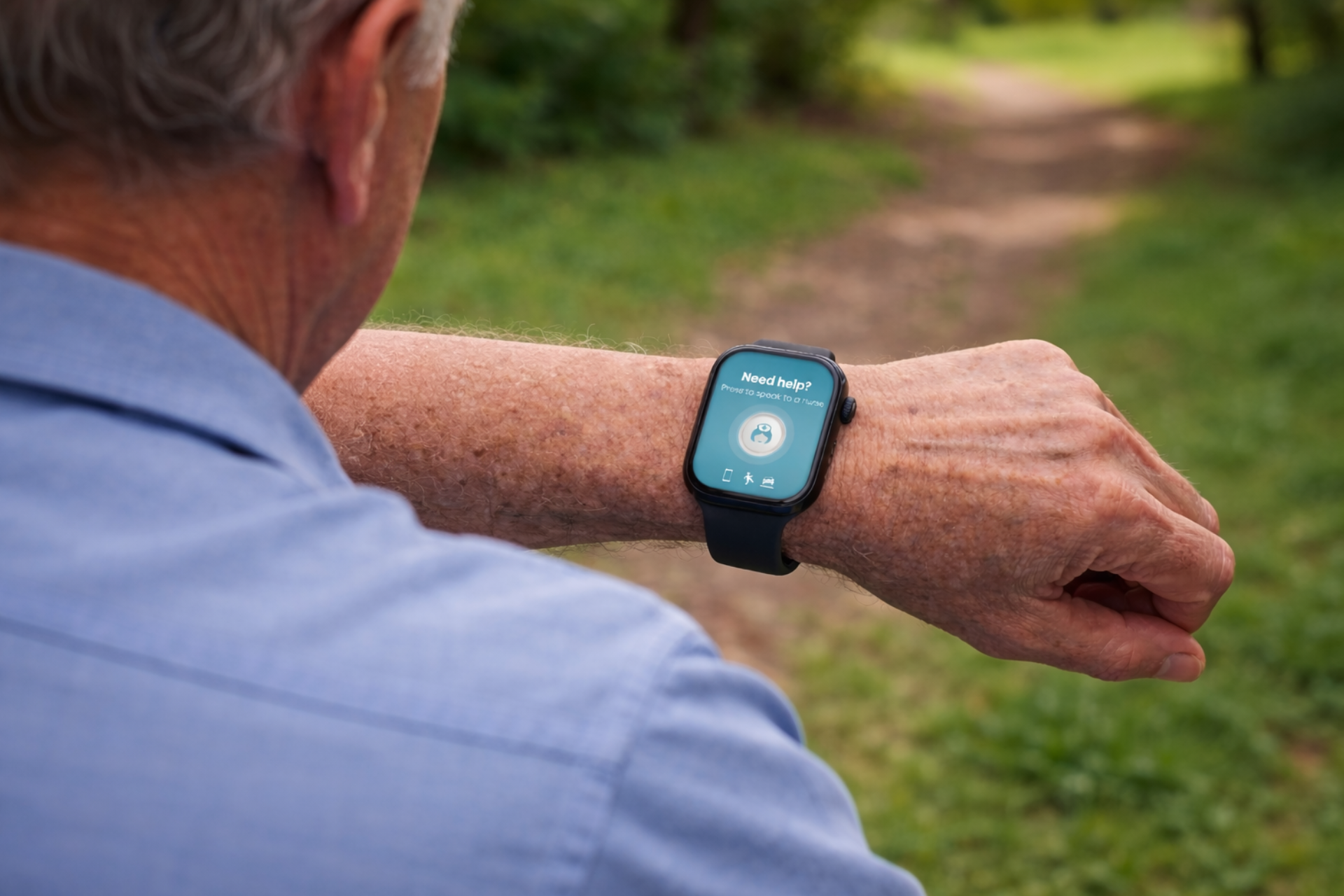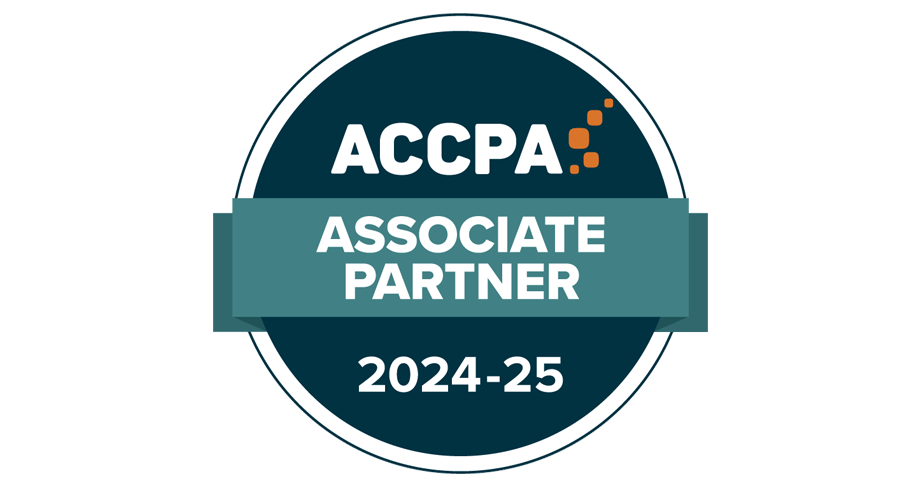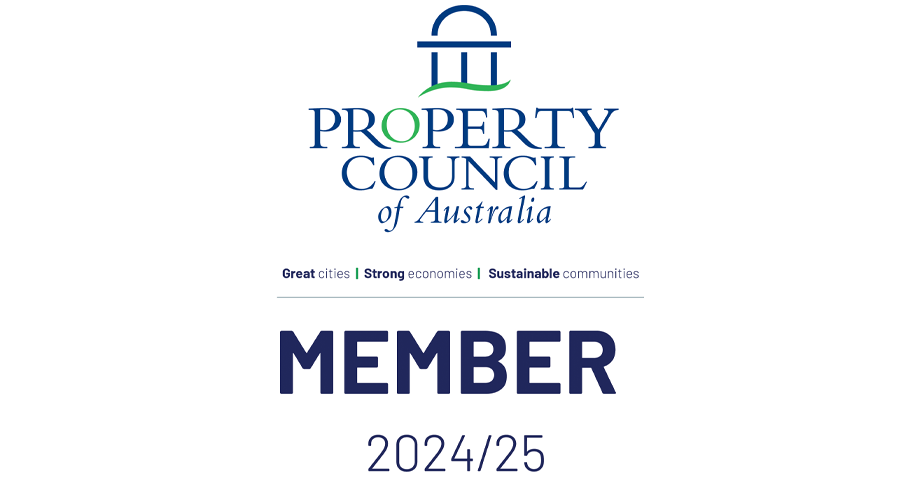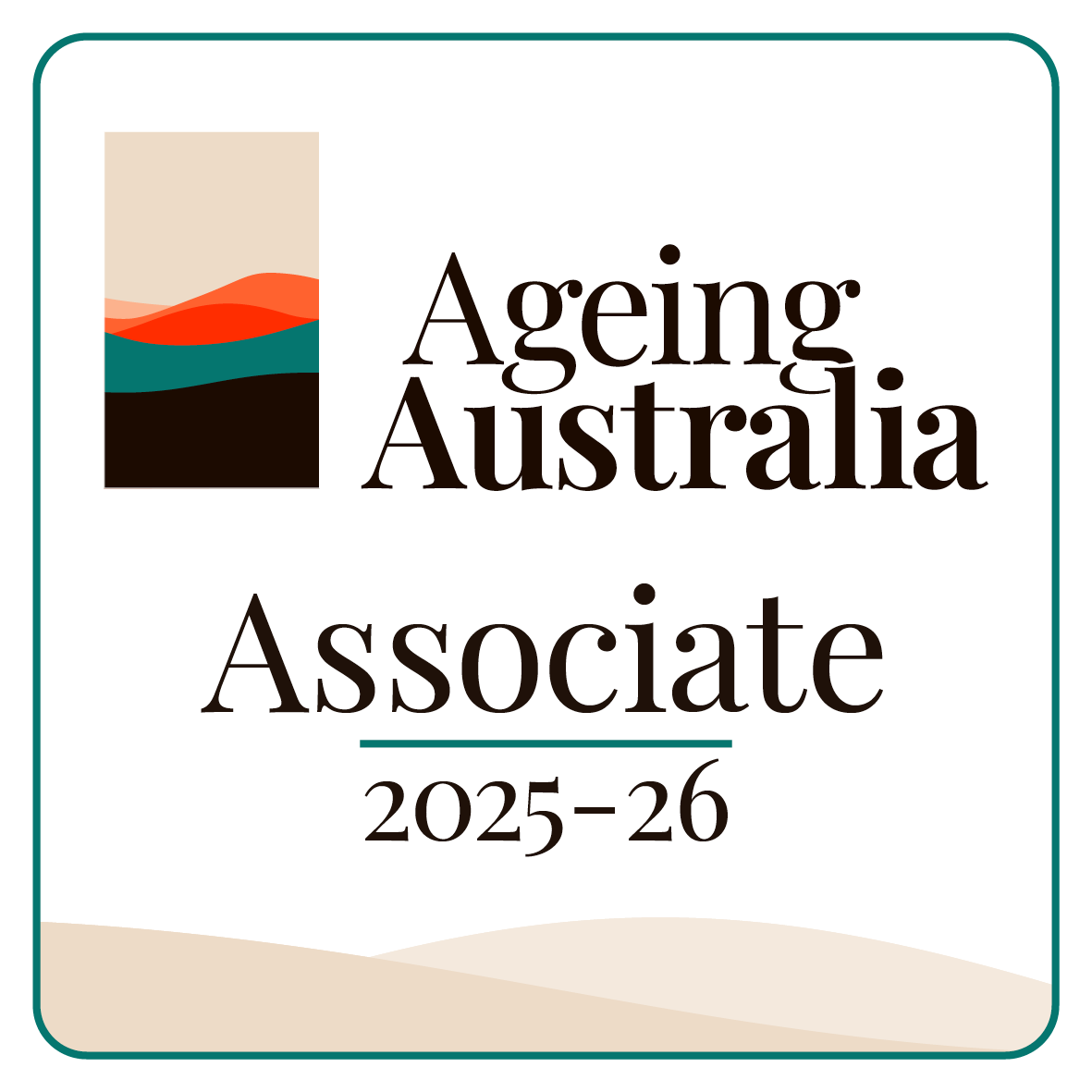Have a Question?
COVID Is Rising Again in Aged Care, What We’ve Learned, and What Must Change
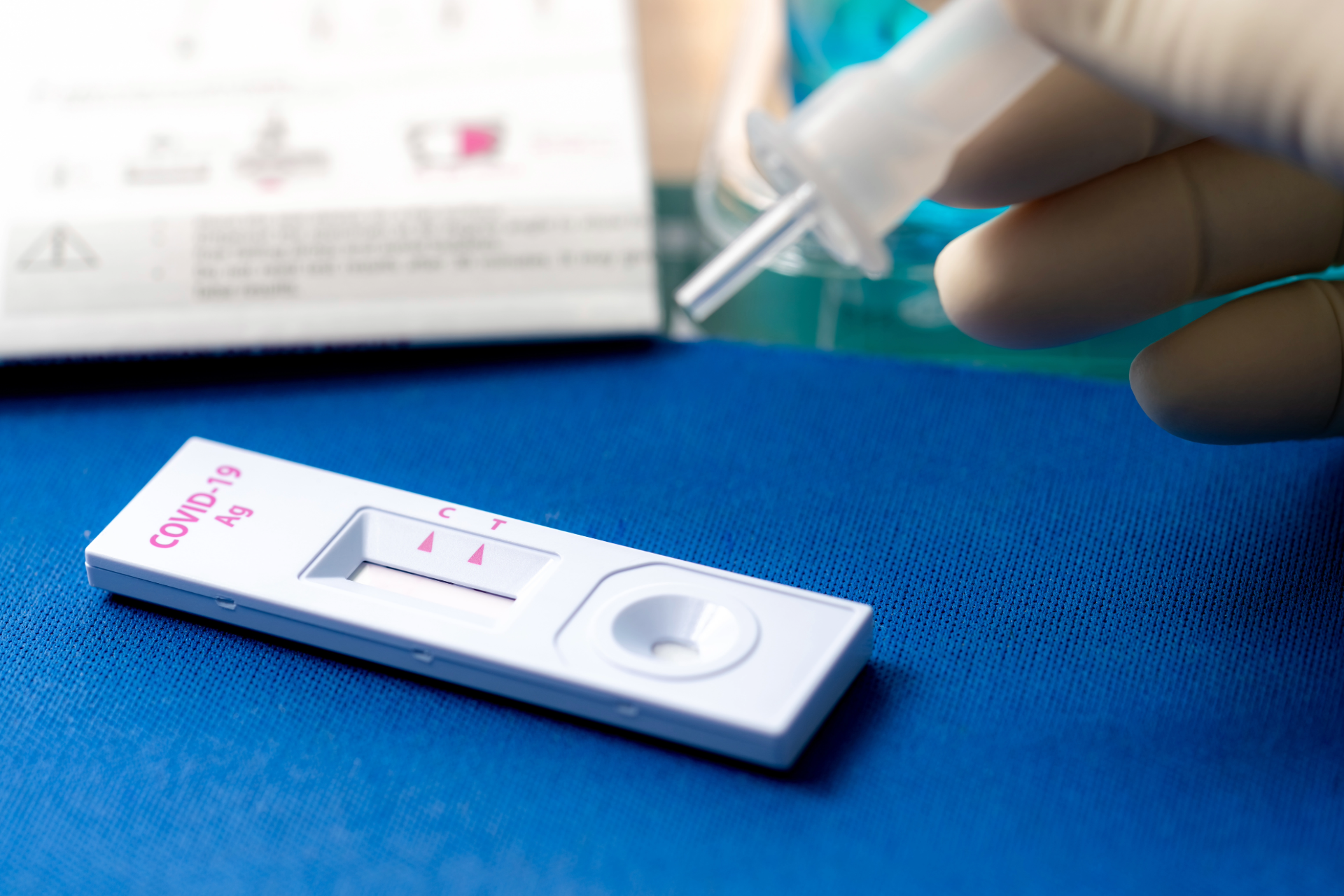
On July 22, ABC News reported that COVID-19 outbreaks in aged care facilities are once again on the rise, with hundreds of facilities across Australia affected. Despite years of hard-won lessons, innovation, and funding, the sector’s most vulnerable residents still face disproportionate risk, and this time, it’s happening quietly.
Experts warn that reduced reporting, workforce shortages, and growing complacency have created the perfect conditions for another wave of avoidable illness. At INS LifeGuard, we believe this moment demands reflection and urgent action. The virus has changed. But our responsibility to protect hasn’t.
From Crisis to Complacency: Risk Quietly Returns
In the early phases of the pandemic, aged care was a focal point for national policy, infection control, and media scrutiny and good reason. COVID-19 had a devastating impact on older Australians, particularly those in congregate care settings.
But in 2025, the urgency has faded:
- Mandatory COVID-19 outbreak reporting has eased in many states
- Public data has become less transparent, making real-time response harder
- Infection control measures have relaxed, despite new variants
- Chronic staff shortages persist, leaving facilities stretched thin
The result?
A slow erosion of vigilance. Many aged care leaders are aware of the risks, but without systems that enable early detection and continuous monitoring, there’s a limit to how proactive they can be.
The New COVID Strains: What’s Behind the Latest Wave
The current surge is being driven by a cluster of Omicron subvariants, including JN.1.13 and KP.3, both of which are circulating widely in Australia as of mid-2025.
These variants are:
- Highly transmissible, even among vaccinated or previously infected individuals
- Subtle in symptoms
— with many cases lacking fever or strong respiratory signs
- Capable of causing severe illness in older adults, particularly those with comorbidities
What makes them dangerous in aged care settings is how easily they spread before symptoms are noticeable. Residents may appear well, even as their vital signs begin to shift, leading to late detection and delayed response.
Subtle Symptoms to Watch For in Older Residents
COVID-19 subvariants like JN.1.13 and KP.3 can present with minimal or unusual symptoms in older adults, especially those with dementia or complex health needs. Unlike earlier strains, these variants may spread silently without causing noticeable symptoms.
Here are some of the early red flags that may indicate illness in aged care settings:
- Changes in mobility or gait
- New shuffling, instability, or reduced walking distance
- Tracked automatically via wearable devices using INS LifeGuardian®
- Sudden confusion or withdrawal
- Behaviour changes, agitation, or drowsiness
- Drop in oxygen saturation (SpO₂)
- Even a 2–3% dip from normal may be significant
- Loss of appetite or hydration
- Skipping meals, refusing fluids, or appearing listless
- Increased respiratory rate or shallow breathing
- Even without cough or fever
- Fatigue or excessive sleeping
- Especially if it’s a sudden change
These signs may appear before a fever or cough, making early detection difficult without close observation or monitoring technology.
Download Your Free COVID-19 Outbreak Readiness Checklist
We’ve created a free, printable checklist to support care teams with daily resident monitoring during outbreak periods. It includes the most relevant symptoms, escalation guidance, and COVID testing recommendations, all tailored to the 2025 strain profile.
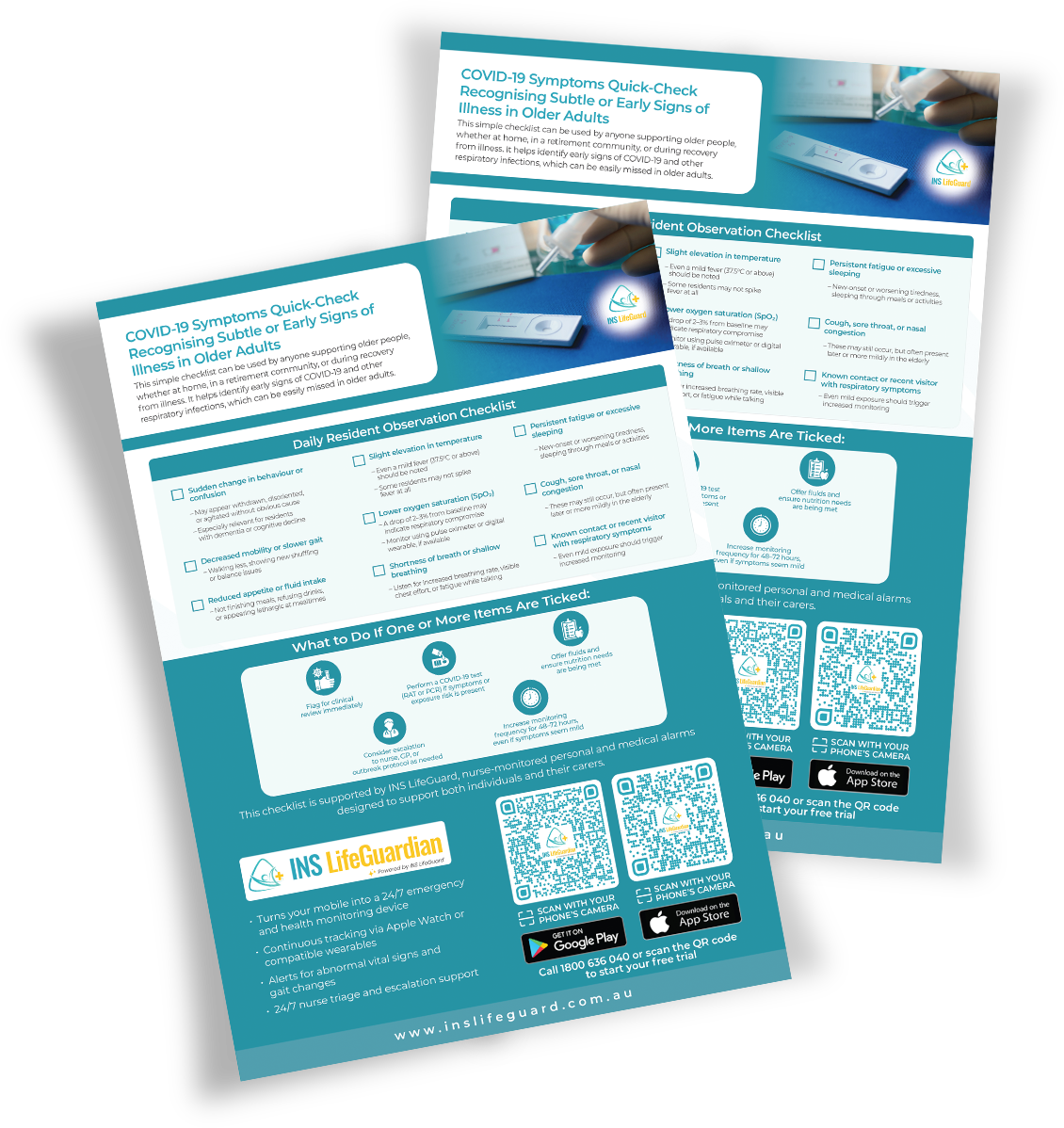
Why Aged Care Needs Continuous Monitoring Now More Than Ever
Older people don’t always present COVID (or any illness) the same way younger populations do. A rise in respiratory rate, a dip in oxygen levels, or minor confusion may be the first clue, and these signs often go unnoticed without digital support.
Manual checks alone are not enough. Care staff do incredible work, but they can’t be everywhere at once.
INS LifeGuardian® fills the gap for care staff by offering:
- Real-time health tracking via Apple Watch or supported Android wearables
- Automatic alerts for concerning changes in vital signs (heart rate, oxygen saturation, temperature)
- Gait and movement monitoring, detecting changes in walking speed, stride, or stability, are early indicators of illness or frailty
- 24/7 nurse support, triggered by abnormal readings or manual help requests
- Geofence alerts and fall detection for added safety in dementia care
These tools empower staff to act early, intervene faster, and help prevent unnecessary escalation or hospitalisation.
Turn a Mobile and Smartwatch into a Complete Medical Alarm System
What makes INS LifeGuard different is its simplicity and flexibility: residents can turn their mobile phone into a full-featured medical alarm system simply by downloading the INS LifeGuardian® app.
When paired with an Apple Watch (or a compatible Android wearable), the system becomes even more powerful, enabling continuous health monitoring alongside real-time emergency response.
The system tracks:
- Heart rate
- Blood oxygen (SpO₂)
- Skin temperature
- Activity and movement trends
If anything concerning is detected or if the resident presses the HELP button in the app or on their watch, our 24/7 nurse-led response team is immediately notified and can triage and escalate appropriately.
No stigma. No bulky hardware. Just a simple, smart way to provide safety, oversight, and support, even between care shifts.
Supporting Whole-Person Care During Outbreaks
Outbreaks in aged care aren’t just a clinical challenge; they affect residents’ emotional wellbeing, continuity of care, and sense of connection. That’s why INS LifeGuard includes supportive services that go beyond passive monitoring.
24/7 Free Nurse Chat and Health Info Line
Our dedicated nurses are available 24/7 for residents, families, and facility staff who need:
- Reassurance about symptoms
- Medication advice or clinical questions
- A calm, professional voice during uncertain times
This service is particularly valuable for socially isolated residents or those who benefit from regular engagement to support their
mental wellbeing.
Connected Care Through the Free INS LifeGuard Connect® App
When visitation is limited or care teams and families need better visibility, the INS LifeGuard Connect® app provides a secure, real-time link between the resident and their support network.
Authorised carers, family members, or village managers can use the app to:
- View the resident’s vital sign trends
- Receive alerts when an alarm is activated
- Monitor movement patterns or geofence breaches
Free to download, the app supports transparent care coordination whether the user is a frontline support worker, a remote family member, or an aged care facility manager. It helps everyone stay informed, connected, and confident in the care being delivered.
Data That Drives Action, Not Just Alarms
What sets INS LifeGuardian® apart is our ability to move beyond the traditional “press-a-button” personal alarm model.
While many facilities offer basic emergency buttons, these systems do not track health data or detect early deterioration. With INS LifeGuardian®, the safety net goes much deeper.
Vital signs and activity data are:
- Continuously monitored and clinically reviewed
- Automatically analysed for changes or trends
- Summarised into monthly health reports
- Integrated with our nurse-led emergency escalation protocols
This isn’t just about reacting to emergencies; it’s about preventing them before they start.
Preparedness Isn’t Optional, It’s Strategic
The return of COVID-19 to aged care homes is not just a health risk; it’s a signal that systems matter. Surveillance, communication, and clinical escalation must be continuous, connected, and rapid.
At INS LifeGuard, we are proud to support aged care providers with the tools and teams to:
- Detect deterioration early
- Respond faster
- Protect vulnerable residents
- Rebuild trust and preparedness after years of crisis
Ready to strengthen your aged care safety strategy?
Whether you’re a facility manager, care provider, or part of a village support team, INS LifeGuard can help you detect health risks earlier, respond more quickly, and provide greater reassurance to residents and their families.
Call 1800 636 040 to speak with one of our friendly team members about how INS LifeGuard can support your aged care community.

About
INS LifeGuard is the only 24/7 nurse on-call personal and medical monitoring in Australia. We provide monitoring technology for both in the home and on the go and can also monitor other provider's equipment. Our services are suitable for anyone wanting support to stay independent such as the elderly, those with medical conditions and disabilities plus enhancing safety and security for lone workers.
